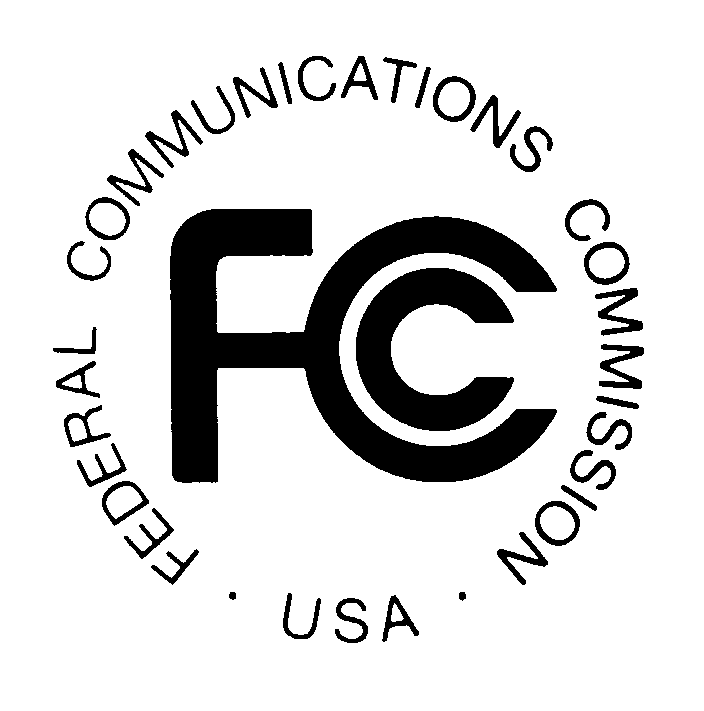
Late last year, we were embroiled in debate considering what ownership of a mobile device was. By blocking us from unlocking a device without permission from our carriers, the Library of Congress opened up a can of worms. While an important step in understanding our relationship with the carrier, it infuriated many consumers.
New FCC Chairman Tom Wheeler is now urging the wireless industry to put standards in place, letting consumers know when it’s okay to unlock our devices. Ideally, we’d simply be able to unlock our device as we see fit, and take them where we like. Such a practise wouldn’t even affect all consumers: We can move to AT&T from T-Mobile, but not crossover Verizon and Sprint devices. AT&T and T-Mobile operate on the globally standard GSM technology, while Sprint and Verizon use CDMA. You can use a GSM phone on any carrier using it, but Verizon and Sprint devices won’t work on the other network.
That’s indicitive of the issue at hand. While the old standard was that your device worked on the carrier network you purchased it from, the roes are beginning to change. With programs like Jump and Edge, we may pay a monthly fee for the devices, but we’re often assuming ownership of them, even if we leave early. Now more than ever, the open nature of our contracts assumes we own the device upon purchase.
Chairman Wheeler is attempting to bridge a gap with the CTIA, an industry group which represents the interest of carriers. In his letter, Wheeler ass that carriers simply make it more transparent for consumers to understand when they can manipulate their devices, or unlock them and move along. The letter also asks for clarity on the policies regarding unlocking a device, and that it be easier for soldiers on overseas deployment to unlock their handsets.










just wan to point out that there are error and a curse word in the article. last paragraph 2nd sentence the word ass was used.